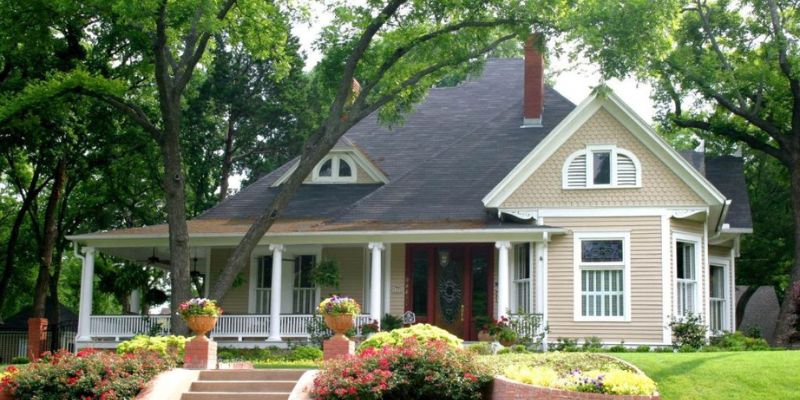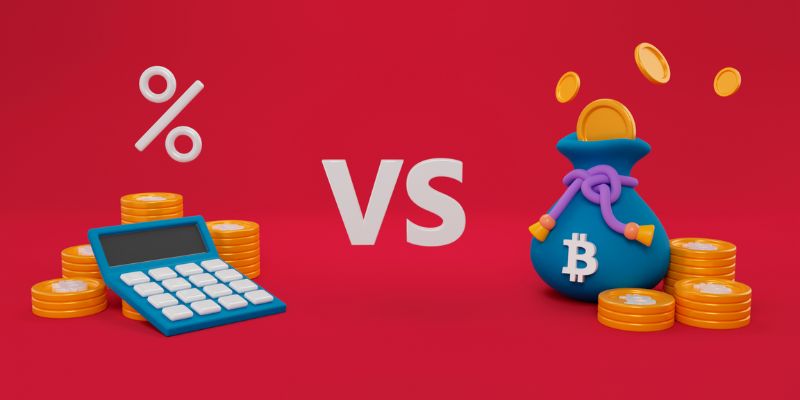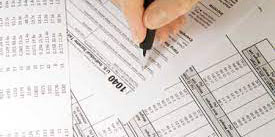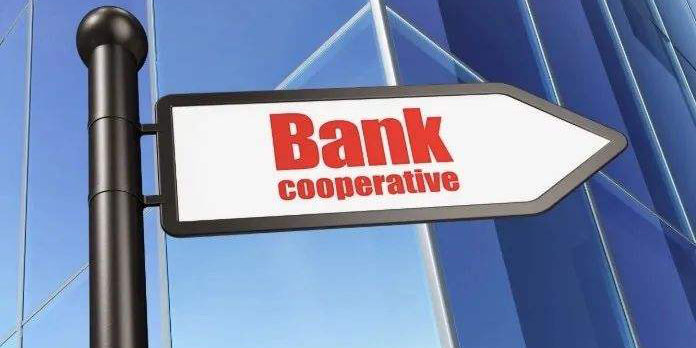Are you looking for a way to purchase a foreclosed home? If so, an FHA loan may be the right option for you. An FHA (Federal Housing Administration) loan can provide many buyers with easier qualifications and more relaxed guidelines than conventional loans. As such, it’s important to understand how these loans work and their benefits when considering buying a foreclosed property.
In this blog post, we’ll explore the advantages of obtaining an FHA loan to buy a foreclosure and demystify some common misconceptions about this type of financing.
What is a Foreclosed Home and How Does It Work
A foreclosed home is a property the lender has repossessed due to the former owner’s inability to make payments or meet other contract terms. When this happens, the lender will take possession of the house and put it up for sale to recoup their losses.
When you buy a foreclosed home with an FHA loan, you can typically get more flexible terms than conventional financing options. The FHA offers low down payment requirements (as little as 3.5 percent) and relaxed credit score guidelines compared to traditional lenders, making it easier for many buyers to qualify for a loan. In addition, some lenders may even waive certain closing costs on FHA loans when buying a foreclosure.
Buying Foreclosures Home With FHA Loans
The process is generally quite straightforward when buying a foreclosed home with an FHA loan. You can start by finding a real estate agent or broker specializing in foreclosure properties and getting preapproved for an FHA loan. Once you’ve found a property that meets your needs, you must make an offer on the home and essay paperwork.
However, before closing on the loan, you must go through several steps, such as having a professional appraisal done and submitting the required documents for review. After completing these processes, your lender can provide funding for your purchase. It’s important to note that any repairs or maintenance on the home must be taken care of before you can close on the loan.
Overall, buying a foreclosure with an FHA loan offers several advantages for buyers who may not qualify for conventional financing. This type of loan allows them to purchase a more affordable home and makes it easier to get approved due to lower credit score requirements.
Requirements for an FHA Loan
To qualify for an FHA loan, you must meet certain criteria. First, you’ll need to have a credit score of at least 580 and demonstrate a steady source of income. Additionally, you will be required to pay an upfront mortgage insurance premium and annual premiums each year.
You must also provide documentation proving your residency status in the United States, such as a valid U.S. passport or green card. Furthermore, you must have enough liquid assets to cover three months' expenses and the down payment on the foreclosed property.
Borrower Requirements
There are also a few requirements that the borrower must meet during the loan process. For example, you must provide proof of income, employment history, and recent bank statements for all accounts associated with your name.
In addition, you’ll need to have enough liquid assets to cover at least three months' worth of expenses in addition to the down payment on the home. Lastly, you must maintain a good credit score until the loan closes.
Mortgage insurance payments
Finally, a key requirement of an FHA loan is that you must pay for mortgage insurance premiums. These insurance payments are used to protect the lender in case you default on your loan, and they make up a large portion of the total cost associated with obtaining an FHA loan.
The upfront mortgage insurance premium (UFMIP) must be paid at closing, while the annual mortgage insurance premiums (MIPs) are due each year throughout the life of the loan. The amount of these payments will vary depending on factors such as credit score, loan-to-value ratio, and loan term length.
Requirements for the Home
Certain requirements must be met when you purchase a foreclosed home with an FHA loan. The property must meet the standards established by the U.S. Department of Housing and Urban Development (HUD) for health, safety, and security. This means that all house systems and structural components should be in good working condition, including plumbing, electrical wiring, heating and cooling systems, roofing, windows and doors, etc.
The home must also pass a professional HUD-approved inspection which will check for any repairs or maintenance needing to be done before it can qualify for an FHA loan. If these hazards are present, the lender may also require additional inspections, such as those related to radon gas or lead paint.
Additionally, the home must be free of liens or encumbrances that might affect your ability to repay the loan. If any outstanding debts are associated with the property, you must provide documentation proving these have been paid in full before closing on the purchase.
Finally, you may also be required to have an appraisal done on the foreclosed property as part of qualifying for an FHA loan. This is done to ensure that the home is worth what you’re paying for and meets all of HUD’s health, safety, and security standards.
Pros and Cons of Buying a Foreclosure With an FHA Loan
Pros Explained
1. Lower down payment requirements (as low as 3.5%).
2. More relaxed credit score qualifications.
3. Waived closing costs in some cases.
4. Easier to qualify than traditional loans.
5. Professional home inspection by HUD-approved inspectors.
6. No hidden liens or encumbrances that may affect your ability to make payments on the loan.
7. Appraisal is done to ensure the home is worth what you’re paying for it.
Cons Explained
1. Higher mortgage insurance premiums due at closing and annually throughout the life of the loan.
2. May require additional inspections such as those related to radon gas or lead paint if present in the home.
3. Must meet HUD standards for health, safety, and security.
4. Lengthy process and paperwork involved in applying for an FHA loan.
5. Strict requirements related to residency status in the United States.
6. Difficulty obtaining a loan if the property is vacant or there is a high risk of default from prior owners.
7. Must have enough liquid assets to cover three months' expenses and the down payment on the home.
FAQs
Do sellers avoid FHA loans?
Sellers are more willing to accept an FHA loan. Unlike traditional loans, the terms and conditions for an FHA loan are set forth by the government, which makes it easier to qualify and secure financing.
How do I get a free list of foreclosures in my area?
The best way to get a free list of foreclosures in your area is to contact a real estate agent or check with your local housing authority. They can provide information on foreclosure listings and help you find the perfect home for your needs.
Is there a down payment required for an FHA loan?
You must make some down payment when applying for an FHA loan. Generally speaking, this amount should be 3.5% of the home's purchase price. This may vary depending on factors such as credit score and income level.
Conclusion
FHA loans provide buyers with many benefits when buying a foreclosed home. They offer lower down payment requirements, more relaxed credit score qualifications, and waived closing costs in some cases. Professional inspections ensure the property meets government health, safety, and security standards.



